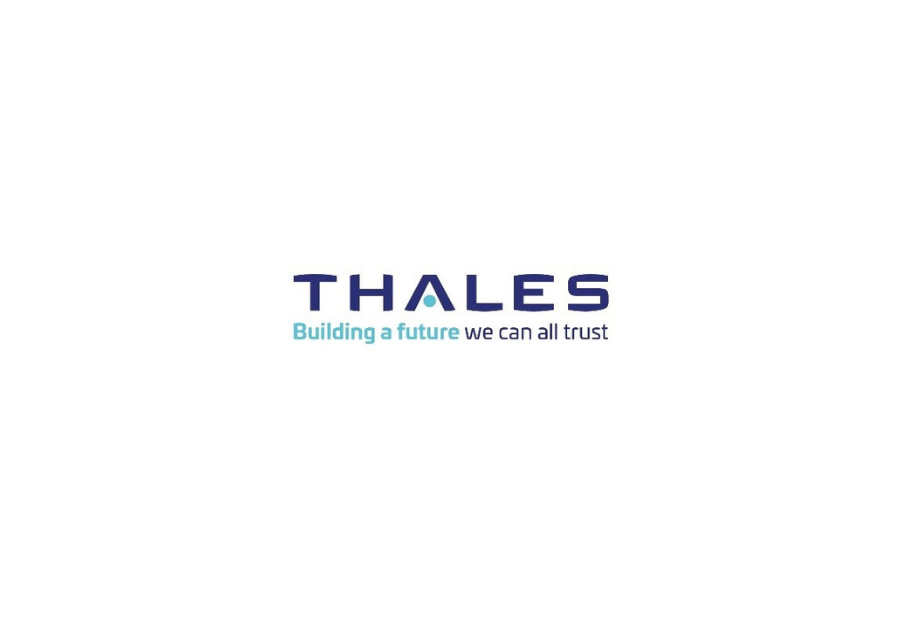One in three small organizations had a data breach last year, making small and medium-sized enterprises the most recent targets for cybersecurity assaults. A firm named Cynomi is raising $37 million in investment today to satisfy the need from SMBs who are becoming more aggressive in identifying and thwarting these threats.
This Series B is being led by Insight Partners and Entrée Capital, with participation from prior investors Canaan, Flint Capital, and S16VC. TechCrunch was informed by sources close to the transaction that the company’s post-money valuation exceeded $140 million.
Including this seed round, which we discussed in 2022, Cynomi has already raised about $23 million.
Based in Tel Aviv and London The founders of Cynomi were COO Roy Azoulay, who also developed and oversaw the first startup incubator at Oxford University, and CEO David Primor, a PhD who had previously served as the CTO and chief of R&D for the Israel Defense Forces.
On a fundamental level, Cynomi supports the trend of utilizing AI-based agents to do complex and high-volume tasks, but it also pushes the limits of what we may anticipate those AIs are capable of.
CEO Primor refers to his product as a “virtual CISO”—an automated, AI-based decision-maker that may assist smaller enterprises in understanding how to manage their security operations—rather than an AI agent.
Additionally, it’s developing a variety of tasks that this “virtual CISO” may perform. It may evaluate a network, create repair plans, develop a set of security rules, conduct analytics to identify network vulnerabilities, suggest system improvements, and provide reports on the health and state of the network.
Cynomi sells all of this to SMBs through third parties, which are usually used by SMBs for managed services like network connectivity.
Cynomi is attempting to take advantage of a very wide market gap.
Previously, malicious hackers would only target larger, more valuable companies, but they have recently begun to target the market’s long tail. Because SMBs are so prevalent—they make up around 90% of all firms worldwide—they may be quite profitable to work with.
However, SMBs have unique budgetary and workforce difficulties, which is where a system like Cynomi’s may help.
“A virtual CISO service can start at $10,000 to $12,000 a year,” notes Azoulay. “A human CISO would be about at least 10 to 15 times that. It’s about having the knowledge and to be a sophisticated buyer in the sense of finding that CISO. It’s also about having a CISO [be online] the full week, 52 weeks a year.”
The startup has so far found success with that model. According to Primor, Cynomi has tripled its yearly recurring income in the past year. Cynomi’s services are resold to thousands of SMBs by over 100 service providers and consultants, including major telecoms like Deutsche Telekom. The firm will now be expanding its attention to Europe and other regions, with about 80% of its clientele residing in the United States.
Since the firm thinks there is a greater potential than merely virtual CISOs, the funds will be utilized for research and development as well as commercial growth.
“The cybersecurity consulting space is a $163 billion business, but we believe it doesn’t really have an operating system,” said Azoulay. “We believe Cynomi can be that operating system.”
A sizable portion of the hundreds of cybersecurity firms that target SMBs have chosen service providers as their main sales channel. Vanta, Cohere, Qualys, Coro, Bastion, and Guardz are a few examples of them. DataGuard, Cowbell, and CyberSmart.
Philine Huizing, managing director at Insight Partners, said that it’s the “vCISO” hook that reeled Insight in as an investor. “We believe Cynomi is defining a new category with its vCISO platform,” she said.
The product may be customized or enhanced with whatever the service providers are creating or offering because the startup is focused on collaborating with managed service providers to provide it. That may help set the service apart and prevent it from becoming just another commodity.
“MSPs can assess each client’s unique risks, customize strategies by industry, and efficiently manage day-to-day interactions, making them more impactful,” Huizing added.
Also read: Viksit Workforce for a Viksit Bharat
Do Follow: The Mainstream formerly known as CIO News LinkedIn Account | The Mainstream formerly known as CIO News Facebook | The Mainstream formerly known as CIO News Youtube | The Mainstream formerly known as CIO News Twitter |The Mainstream formerly known as CIO News Whatsapp Channel | The Mainstream formerly known as CIO News Instagram
About us:
The Mainstream formerly known as CIO News is a premier platform dedicated to delivering latest news, updates, and insights from the tech industry. With its strong foundation of intellectual property and thought leadership, the platform is well-positioned to stay ahead of the curve and lead conversations about how technology shapes our world. From its early days as CIO News to its rebranding as The Mainstream on November 28, 2024, it has been expanding its global reach, targeting key markets in the Middle East & Africa, ASEAN, the USA, and the UK. The Mainstream is a vision to put technology at the center of every conversation, inspiring professionals and organizations to embrace the future of tech.




